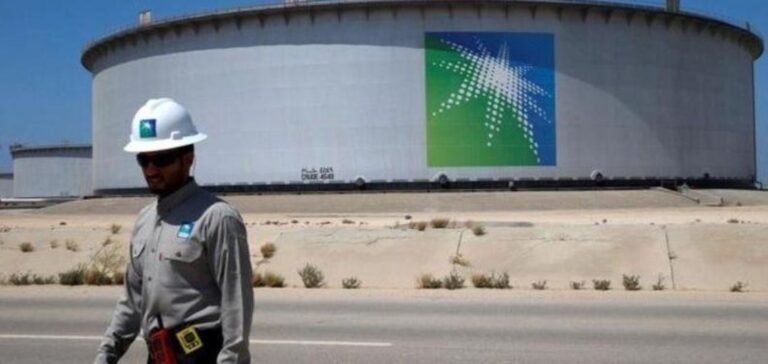BlackRock-led investors in Saudi Aramco’s gas pipeline network (2223.SE) have mandated banks to arrange meetings with investors ahead of a possible bond issue. This is to refinance a $13.4 billion bridge loan that supported their 49% stake in Aramco Gas Pipelines Co in 2021. This refinancing is part of a $15.5 billion leasing agreement.
Objectives and details of the bond issue
The 12- and 18-year amortizable bonds, denominated in US dollars, will be issued subject to market conditions. The slices have weighted average lives of 10 and 14.5 years respectively. Greensaif Pipelines Bidco, the debt issuer indirectly owned by BlackRock and Hassana Investment Co, has recruited JPMorgan and Standard Chartered to organize fixed-income investor meetings.
In February last year, Greensaif had already raised $4.5 billion through the sale of amortizing bonds. The purpose of this new issue is to continue refinancing the bridging loan, thereby optimizing the financial terms of the initial investment.
Background and strategic implications
In 2021, a similar lease-and-leaseback agreement saw Aramco sell a 49% stake in its oil pipeline network to a consortium led by US-based EIG Global Energy Partners for $12.4 billion. This type of agreement enables Aramco to free up cash while retaining operational control of its assets.
The bonds to be issued by Greensaif Pipelines Bidco will diversify sources of financing and reduce dependence on bridging loans. BlackRock and its affiliates own 77.2% of Greensaif, while the remainder is owned by Hassana, the investment arm of Saudi Arabia’s General Organization of Social Security.
Impact on the financial market
These transactions are part of Saudi Aramco‘s broader strategy to optimize its asset portfolio and strengthen its financial capabilities. Institutional investors like BlackRock see these transactions as stable, long-term investment opportunities in energy infrastructure.
The continuation of these bond issues underlines the growing interest in Middle Eastern energy assets, attracting international capital and strengthening economic partnerships. This dynamic could encourage other players in the energy sector to adopt similar strategies to maximize the value of their assets.
Greensaif Pipelines Bidco’s planned bond issue represents a key step in refinancing investments in Aramco’s pipeline network, illustrating the convergence of financial and strategic interests in the global energy sector.






















